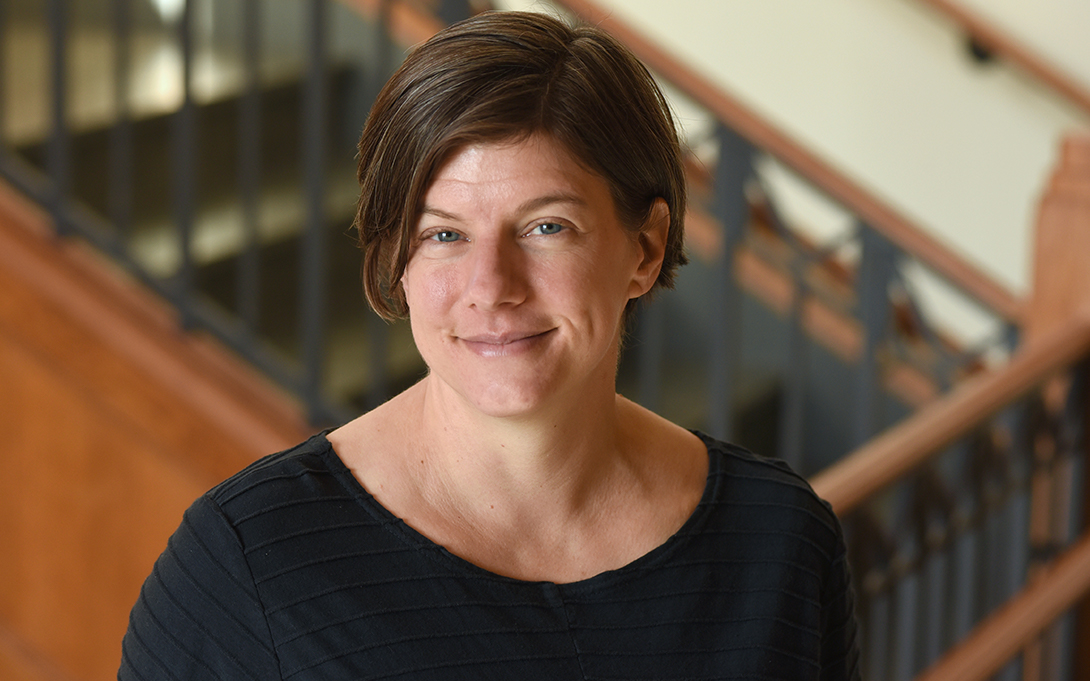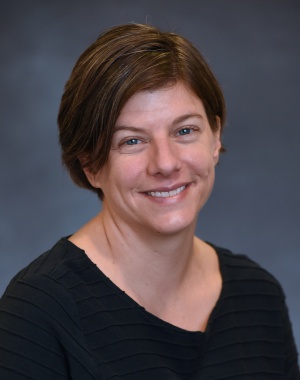
Today’s debates about the use of big data, algorithms and computer models in policy-making have deep historical roots. Historian and Ford School professor Joy Rohde argues that the intersection of computing, social science, and public policy is as old as the computer itself. She has been selected as a 2020-2021 scholar at the Institute for Advanced Study (IAS) at Princeton University, where she will write a book that locates the history of big data policy interventions in the years after World War II.
Rohde will join 25 other scholars as a part of the IAS School of Social Science theme for 2020-21, “Science and the State.”
“It’s thrilling to be part of a vibrant community of scholars dedicated to better understanding the relationship between science, technology, and state power,” says Rohde.
The fellowship supports her book project, Machines of Government: Computers, Social Science, and American Democracy since 1945, in which she “explains how social scientists and policymakers came to invest remarkable confidence in computers as tools for knowing and governing American society.”
Rohde says government patrons, from the City of New York to the Department of Defense, adopted the machines because they seemed smarter and more rational than human decision-makers. “Even when their projects failed, and they often did, they redefined what counted as reliable policy knowledge, reshuffled power relationships within government, and changed public expectations of policy interventions,” she says.
The IAS was established in 1930 as a “model for protecting and promoting independent inquiry, prompting the establishment of similar institutes around the world, and underscoring the importance of academic freedom worldwide.” Among its first faculty was Albert Einstein, who remained at the Institute until his death in 1955.
The year of scholarship will allow Rohde to use a combination of methods from history and science and technology studies (STS) to show that because scholars claimed they could enhance governments' abilities to predict and manage the future, public expectations of policy interventions increased as early as the 1950's.
“This history also has urgent implications for the present. Beneath debates over racial bias in algorithms for bail and welfare eligibility, for example, are deep anxieties about experts’ and citizens’ intellectual and political agency in a fractured mass polity,” Rohde wrote in her scholarship proposal.
Luke Shaefer, associate dean for research and policy engagement, says, “Professor Rohde’s work touches my own field of social insurance and social welfare policy, where technology is becoming more important every day. IAS is the perfect place for her study as the site where John von Neumann and his collaborators built the architecture for the personal computer. We are thrilled for Joy and for the Ford School.”
Rohde does have one regret: that, because of COVID-19, she won’t be able to physically be on the Princeton campus this fall. “It looks like an extended summer camp for STS nerds like me!”

